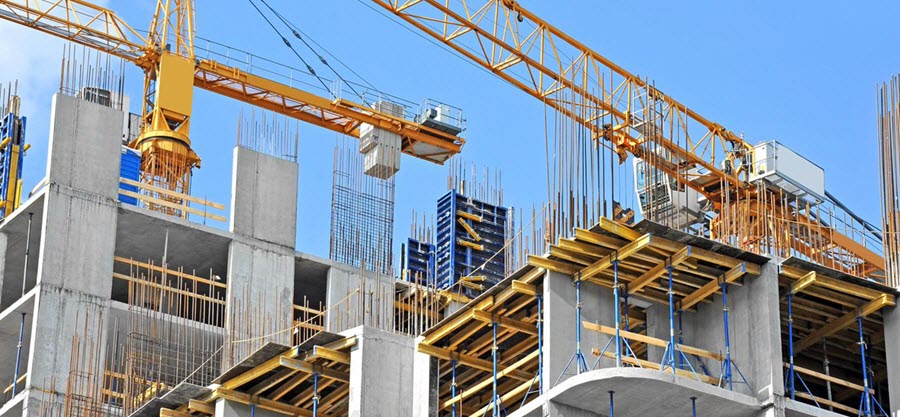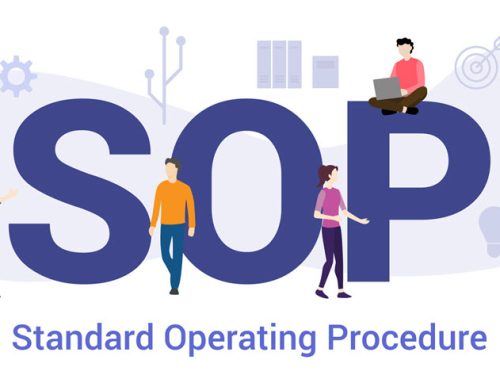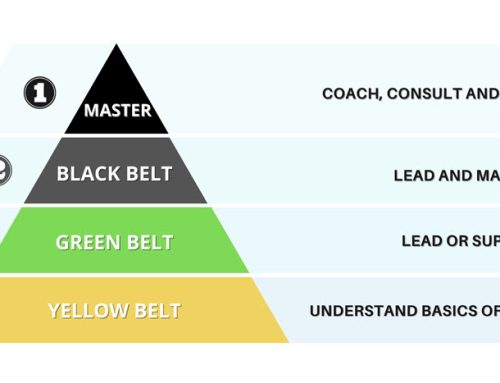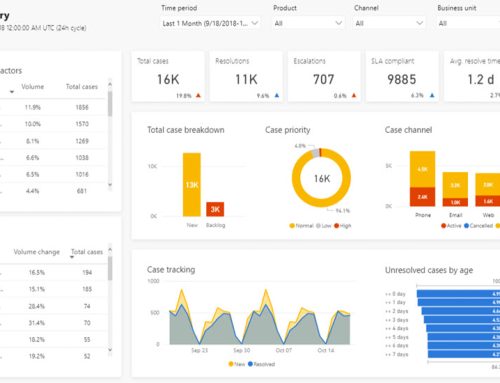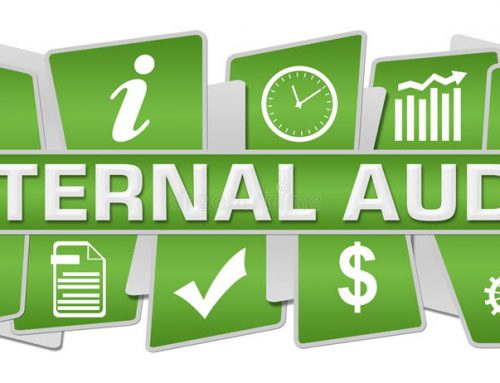Regulatory compliance in the construction industry is a major issue as well as for external providers supplying the industry. The reach and amount of significant regulations is numerous, covering sectors such as authenticity of construction contracts, the value of building materials as well as health and safety of site workers.
Despite the heavy burden, compliance in the construction industry has to be ensured because it is the law.
Companies who fail to comply are faced with strong enforcement bodies and harsh penalties. So, to avoid falling victim, companies have to ensure that they manage their regulatory responsibilities effectively.
This can however be turned into an opportunity. Most times, ensuring compliance in the construction industry results in better efficiency, cost savings, overall performance and competitiveness, better health & safety records and improving the reputation of the brand.
In recent times, lots of contractors are faced with the management of bigger, more complex construction projects on frequent basis and as a result, they have more things to monitor in their busy schedules. Contractors have to keep track of deadlines, safety, progress reports, budgets, change orders, collaborators, payroll, as well as compliance requirements.
With all these numerous responsibilities, how should contractors ensure compliance in the construction industry so as to avoid work delay or stoppage?
Well, below are some ways to ensure compliance in the construction industry;
Know the Various Regulations in the Construction Industry
Regulatory compliance in the construction industry might seem overwhelming, particularly for the newbies in the construction industry. However, to ensure compliance in the construction industry, the very first thing to do is to understand the various regulations that apply to the construction industry.
Some well-known regulations are;
- Safety regulations.
- Building codes.
- Wage & union payroll agreements.
- Insurance & bonding requirements.
- Contract between contractors, subcontractors and the project owners.
- Credit & background verifications.
- Lien requirements.
Some requirements such as the safety regulations can be learned easily. Insurance and bonding requirements and Building codes, can differ from one location to another. To know what requirements apply to you, make sure to check in with the proper authorities in the city as well as the states where the project is going to be carried out.
Decrease the Process of Manual Compliance
Once every of the requirements are known, you need to make sure that all the stakeholders in your organization are aware of the requirements. Also, there is need for a dependable system for the monitoring of the compliance data.
You might be required to say goodbye to the use of paper in order to carry out these tasks efficiently. Sharing of compliance information and the collection of data with the aid of paper most times result in loss of information, documents getting obsolete and delays. When dealing with compliance in the construction industry, you need to be able to easily access information and also make data conspicuous throughout your company. By doing this, you not only get to stay ahead of the impending expiration of compliance document but also get to respond swiftly to any compliance issue that arises.
Software Solutions for Ensuring Compliance in the Construction Industry
Integration technologies for construction can simplify compliance across your company by giving all staff access to needed real time information from people in the office to those working on site. Software solution could as well include workflows that collect and monitor compliance documents automatically.
In addition, a lot of contractors tend to find personalized compliance software valuable. The personalized software applications are implemented into some existing construction software platforms and this personalized software can be integrated with other software to ensure ease of use and it also functions as a portal for compliance related tasks. Within the software, you can manage compliance document, implement alerts for soon to expire compliance documents as well as manage subcontractor’s compliance documentation.
In other words, to ensure compliance in the construction industry, you require thorough planning, streamlined procedures and access to required information. To accomplish this, hard work is required; however, once a system has been put in place to assist in the handling of compliance, ensuring compliance in the construction industry becomes assured.

